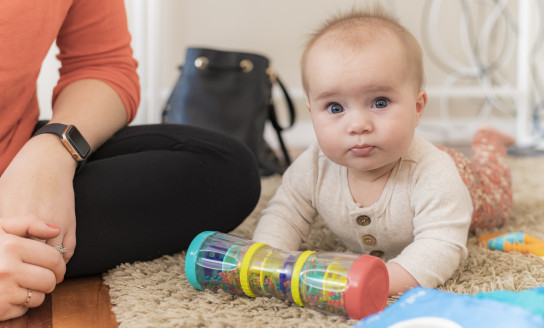What we can offer
- Around 5000 students use our courses/unit standards annually, and we work in around 60 schools across Aotearoa
- Plunket offers a range of NCEA Level 2 early childhood learning and care, and Level 3 early childhood education and care unit standards. Find out more
- We also offer a popular babysitting course that can be taught in schools or online
- Plunket’s early childhood education unit standards offer competitive and affordable learning experiences
- Our resources are designed especially for secondary school audiences to be easy-to-use and relevant to a wide range of student needs
- We also provide authentic first-hand learning opportunities for students through practical activities and experiences
Whānau Āwhina Plunket is a member of ITENZ
